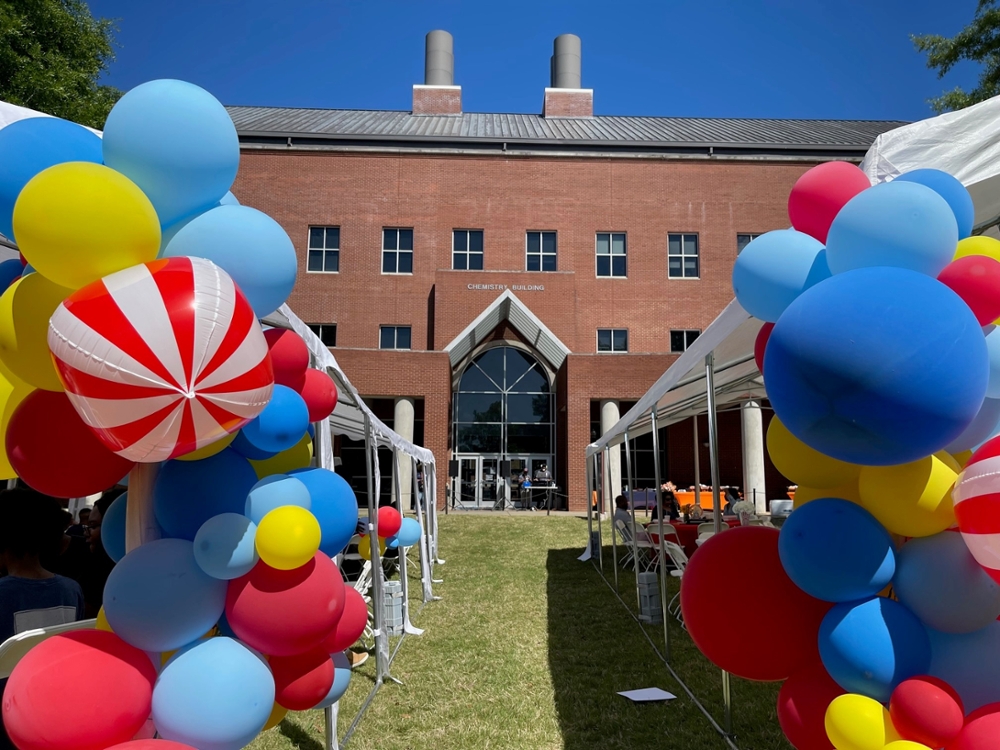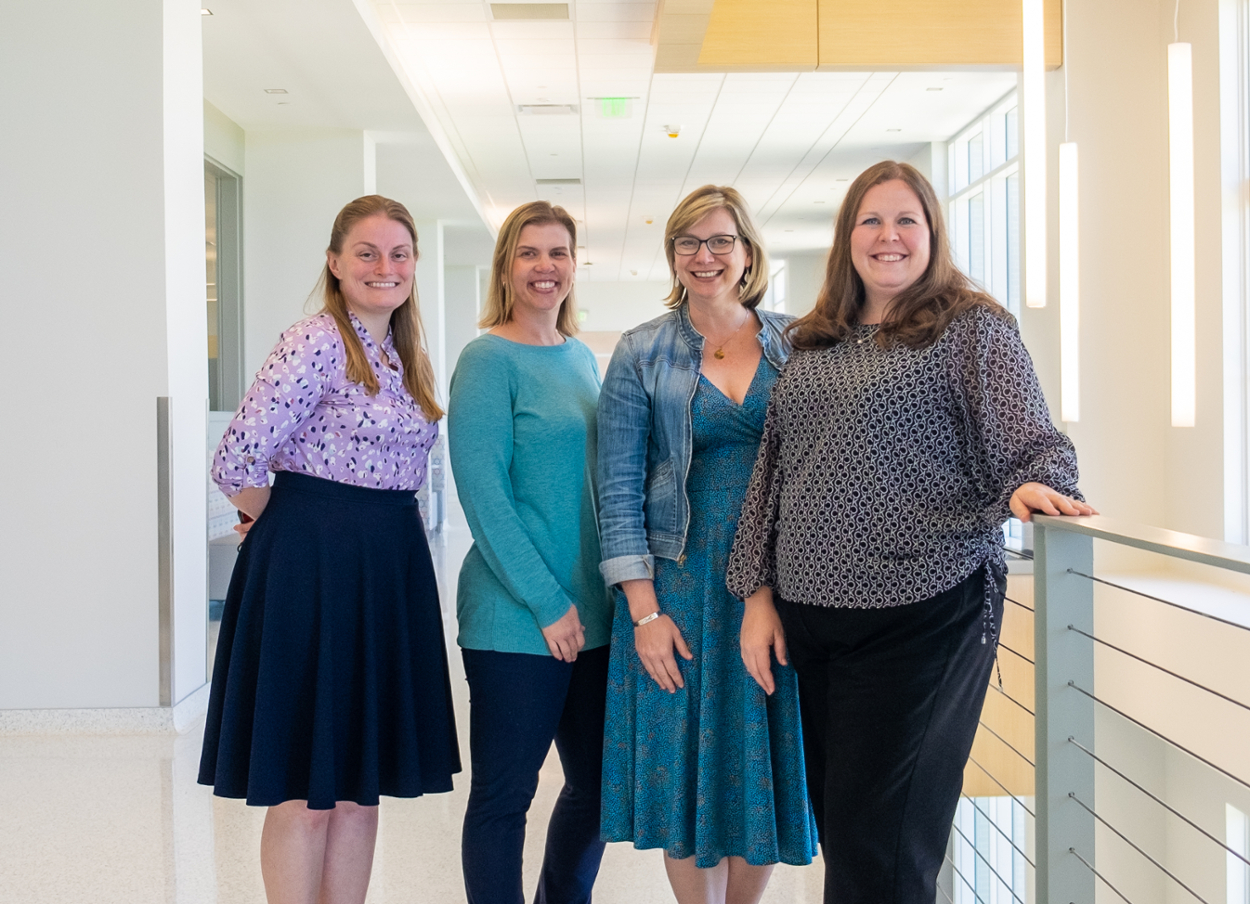1
2
3
4

|
|||
Auburn University chemist to use new technology in better detection of health, security threatsAhmed Hamid, an assistant professor in Auburn University’s Department of Chemistry and Biochemistry, is focused on research that one day could lead to greater detection of Alzheimer’s disease, quicker analysis of bacterial infections and enhanced security checkpoints at airports.
Funded by multiple grants, including a $1,780,527 Maximizing Investigators’ Research Award, or MIRA, from the prestigious National Institutes of Health, or NIH, Hamid is working on three separate projects that have the potential to enhance life through research conducted at Auburn. The projects are supported through the NIH, Auburn’s Research Support Program, or RSP, award with Auburn’s Harrison College of Pharmacy and the Department of Homeland Security with Auburn’s College of Veterinary Medicine.
“An especially striking feature of Dr. Hamid’s research program is the breadth of its application to pressing national and global concerns in human health and security,” said Doug Goodwin, chair of the Department of Chemistry and Biochemistry in the College of Sciences and Mathematics. “His development of groundbreaking methodology and instrumentation in ion-mobility separations and mass spectrometry has the potential to spark advances across a wide array of fields.” 
| |||
STEM Summer Bridge alumni celebrate 25 years with fun-filled eventThe STEM Summer Bridge program celebrated its 25th anniversary with a carnival-themed event. Alumni that participated in the program reflected on the impact this program made on their college experience and in their lives.
In 1997, the four-week program was created in COSAM to provide opportunities for historically underrepresented students during the summer before the start of their first year at Auburn University. 
| |||
Inclusive teaching strategies aim to impact 3,000 undergraduate students through IDEALS programA collaboration between the Biggio Center and faculty in COSAM will introduce inclusive teaching strategies to faculty using active learning spaces in the Academic Classroom and Laboratory Complex that can increase STEM education effectiveness for all Auburn students.
The team pictured to the right includes Melinda Lanius, an assistant professor in the Department of Mathematics and Statistics; Karen McNeal, the Marguerite Scharnagle Endowed Professor in the Department of Geosciences; Stephanie Shepherd, associate professor in the Department of Geosciences; and Lindsay Doukopoulos, associate director of educational development in the Biggio Center.
They will create innovative training opportunities through a new program called Inclusive Design for Enhancing Active Learning in STEM, or IDEALS, for 30 faculty in all of the departments in COSAM including the Department of Biological Sciences, Department of Chemistry and Biochemistry, Department of Geosciences, Department of Mathematics and Statistics, and Department of Physics. 
| |||
COSAM OIED and GWIS host COSAM Day of Service: Spring into ScienceOn April 12, about 40 volunteers from across COSAM participated in the COSAM Day of Service. This event, Spring into Science, was hosted at the Auburn and Opelika Boys and Girls Clubhouses, and approximately 80 K-12 students attended the STEM-focused event which brought interactive science demonstrations to the community. Spanning multiple STEM disciplines, the demonstrations that COSAM graduate students and faculty facilitated included extracting DNA from a strawberry, handling bees without stingers, learning to corral a (robotic) armadillo into a cage for research, and interacting with a synthetic cadaver. | |||
View previous issues of COSAM Today.We want to hear from you! Share your good news with us.COSAM Today is published by COSAM's Office of Communications and Marketing. Questions? Send an email to mcg0052@auburn.edu. |
|||



